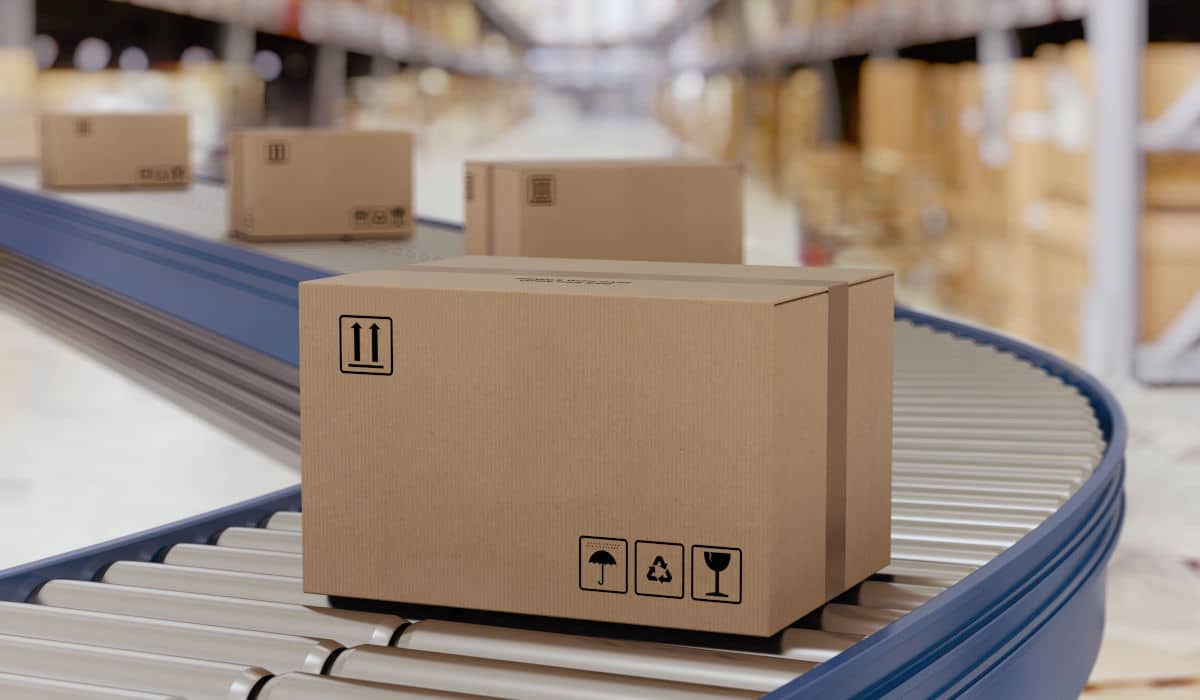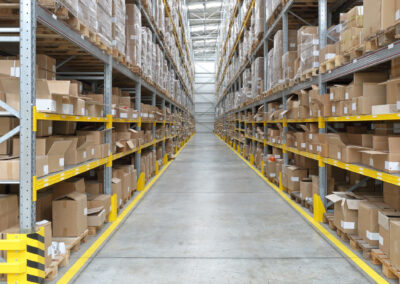E-fulfillment: Order processing for online shops

by Carolina Engl – 10 Min read time
last updated 24/08/2022

eCommerce fulfillment: a concise definition
E-commerce fulfillment is the outsourcing of some or all of the logistics processes that kick in after an order has been placed online.

The logistics processes are the core of fulfillment.
| Range of services |
|
✓ Order receipt ✓ Storage ✓ Picking ✓ Packing ✓ Postage ✓ Shipping ✓ Returns management ✓ Special services such as dunning, customer care, etc. |
| Services not included |
|
X Management of the online shop X Optimization of the range of goods X Product management X Marketing activities |
Curious? Learn more about Alaiko as a fulfillment service provider here.

If you are allowed to use customers’ email addresses, then you could send them a shipment tracking number.

Smooth e-fulfillment requires the right partner.
What is e-fulfillment?
The term e-fulfillment refers to the logistics side of order processing in eCommerce. This includes, for example, order acceptance, picking and packing of goods, shipping, and returns management.
How much does e-fulfillment cost?
There is no one-size-fits-all answer to how much eCommerce fulfillment costs. Rather, the cost depends on the particular services used.
What are the benefits of e-fulfillment?
Commerce fulfillment offers numerous advantages for online merchants. Among other things, outsourcing logistics can save time and resources and guarantee efficient order processing.
Carolina Engl
Content Marketing Manager
Alaiko Posts



